The New Year's Day earthquake destroyed wooden buildings across Japan's Noto Peninsula, but thanks to clever decades-old architecture, one small fishing village is still standing strong.
In the early hours of New Year's Day 2024, the Noto Peninsula in Ishikawa Prefecture was rocked by a magnitude 7.5 earthquake. The quake was powerful enough to send shockwaves to the heart of the country, destroying the mostly wooden structures in its path.
Yet amidst the devastation and ruin, the village of Akasaki stands firm, becoming a beacon of resilience in the face of adversity.
Smart architecture
Some roof tiles were chipped off. But none of the 100 or so structures in the small fishing village on the peninsula's west coast collapsed in the quake, which was centered just a few miles away.
According to the Japan Meteorological Agency, the earthquake occurred at a depth of 16 kilometers at around 4:10 p.m. on January 1. This is the first time a magnitude 7 earthquake has been recorded in Japan since the earthquake that shook the Iburi area of Hokkaido in September 2018.
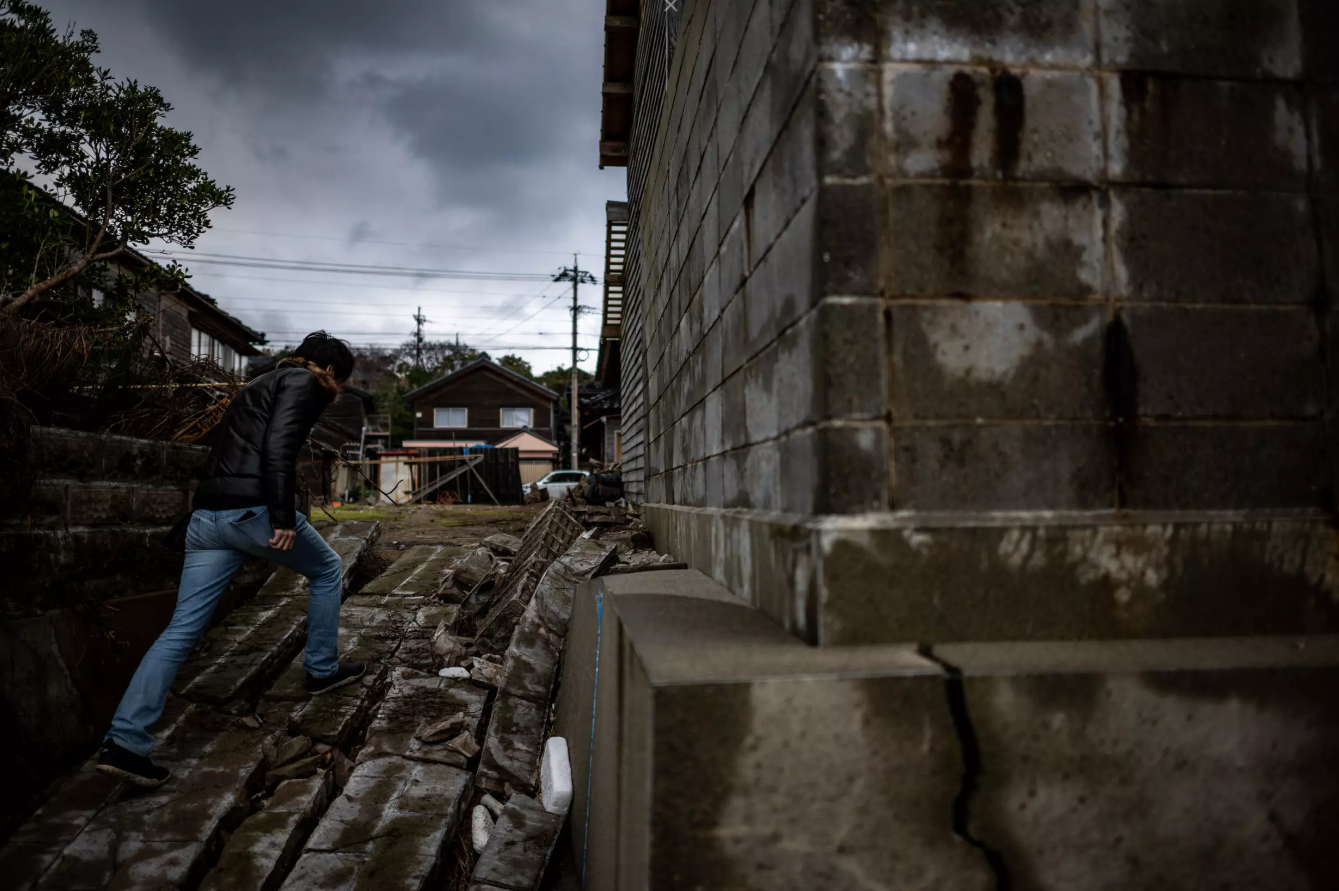
Masaki Sato, a native of Akasaki, checks on his 85-year-old house after a powerful earthquake hit Japan on New Year's Day. Photo: AFP/France24
After the earthquake, Masaki Sato drove all night from his home 300 kilometers (190 miles) away in Tokyo to the Noto Peninsula to check on the 85-year-old house he has owned since 2017 that is now used as a summer vacation home for tourists .
“The house is on a very narrow plot of land, the structure has many small rooms, many pillars” which makes it more stable, the 43-year-old man told AFP news agency.
To withstand the rain, snow, and harsh sea winds, Mr. Sato’s house and most others in Akasaki have few glass windows. The walls surrounding the house are made of sturdy wooden slats, stacked horizontally. The entire structure is supported by thick beams that crisscross the ceiling.
A week after the powerful earthquake and its aftershocks, at least 161 people have died and 103 others are still missing, local authorities said on January 8. Miraculously, there were no casualties in the fortified village, nor were any villagers injured.
Even the tsunami from the earthquake did not reach the homes built on high ground with reinforced concrete bases. At Mr. Sato’s house, ceramic dishes were shattered, utensils were knocked over, and a wooden sliding door was broken, leaving debris strewn across the floor. But that was it.
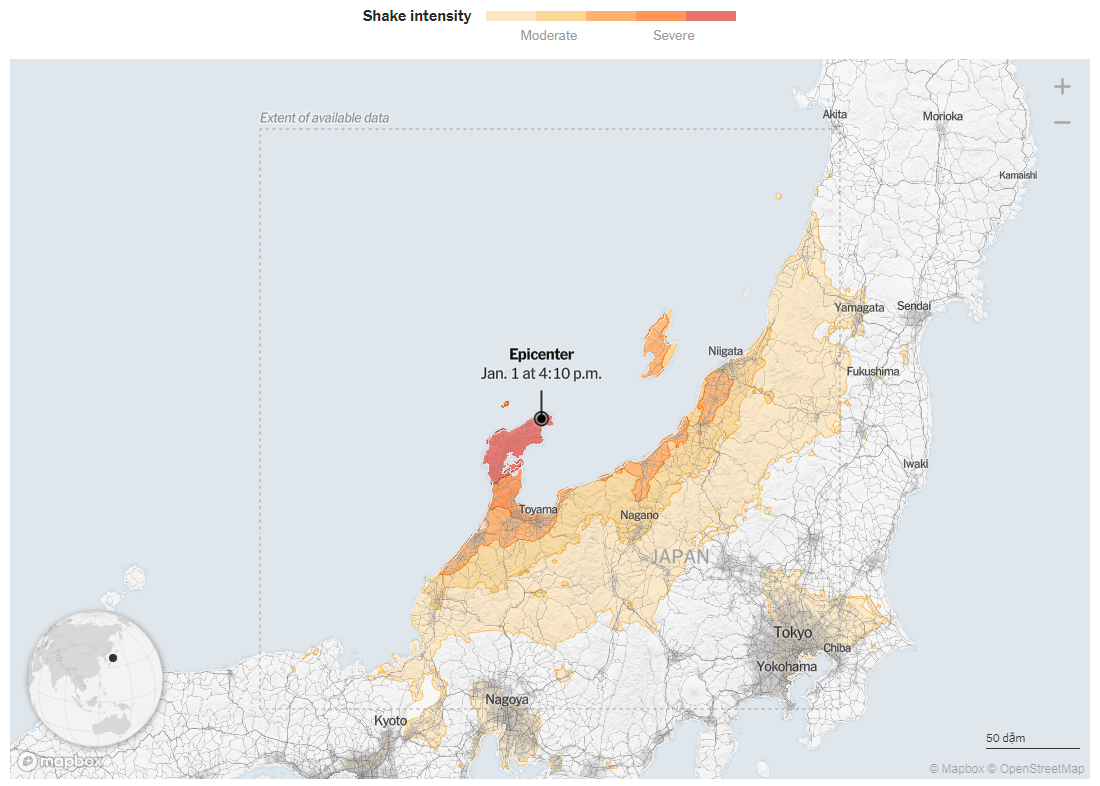
The earthquake struck the Noto Peninsula at around 4:10 p.m. local time on January 1, 2024, the Japan Meteorological Agency said. Photo: NY Times
“I feel very encouraged that the village is still there,” said Mr. Sato. “I think it is because of the design of the houses.”
Similar lucky results are seen throughout the small fishing village, where “the design of the houses is more or less the same,” said retired fisherman Seiya Shinagawa.
Generational anxiety
The village’s resilience is also attributed to the clever architectural arrangements of the locals. “In traditional architecture, there is often a warehouse right on the shore that acts as a buffer zone, protecting the main house from the waves,” said Mr. Shinagawa.
The layout is a legacy of the days when every local fisherman would go out to sea, with their boats heading straight out from the shed into the sea, the 78-year-old said. In the 1920s, Akasaki fishermen made their living by fishing far out at sea.

Debris is seen on the beach next to damaged houses in a tsunami-hit area in Misaki town, Suzu city, located at the tip of the Noto Peninsula, Ishikawa prefecture, on January 7, 2024, after a magnitude 7.5 earthquake struck the Noto region on New Year's Day. Photo: Daily Star
In the late 1930s, a devastating fire destroyed a significant portion of the village. Since then, the houses have been rebuilt using a more consistent and sturdier design. The houses were designed to withstand the test of time and nature. Today, these structures are a testament to the effectiveness of disaster-resistant design.
Now, despite its victory over the earthquake, Akasaki village faces a common problem in Japan: a severely aging population.
Most people in Akasaki are over 65, and many live alone. This is a threat to the village’s future. High home maintenance costs and a lack of young people to inherit homes are major concerns. However, there are glimmers of hope.
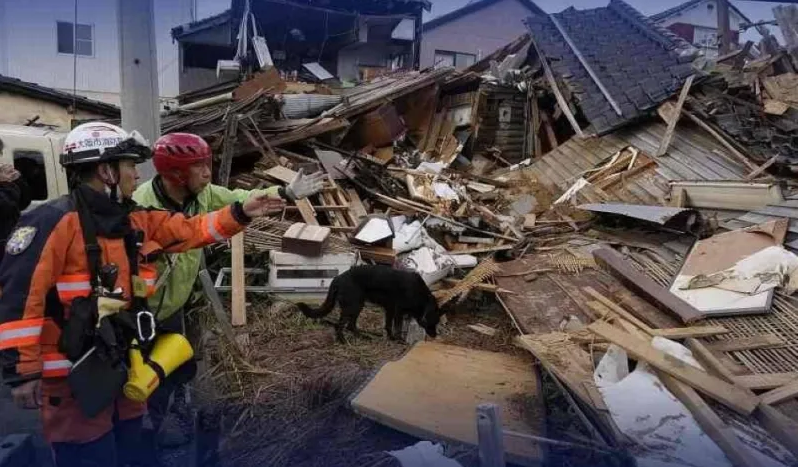
A woman in her 90s trapped for five days under rubble caused by a massive earthquake in central Japan was rescued despite difficulties, but snow and storms further complicated the rescue effort on January 7, 2024. Photo: Gulf Times
The area is not recognized by the government as a cultural property but is where people live a simple, old-fashioned lifestyle, Mr. Sato said, adding that when no one lives in a house, it is demolished – eroding the beauty of the village.
An IT worker who runs a property renovation business, Mr. Sato plans to buy and renovate houses in his hometown into cafes or restaurants for his business.
In this way, it is hoped that the village’s attractive beauty will be maintained, ensuring its survival for future generations. “Such a precious village must not be lost,” he said .
Minh Duc (According to AFP/Digital Journal, BNN Breaking)
Source


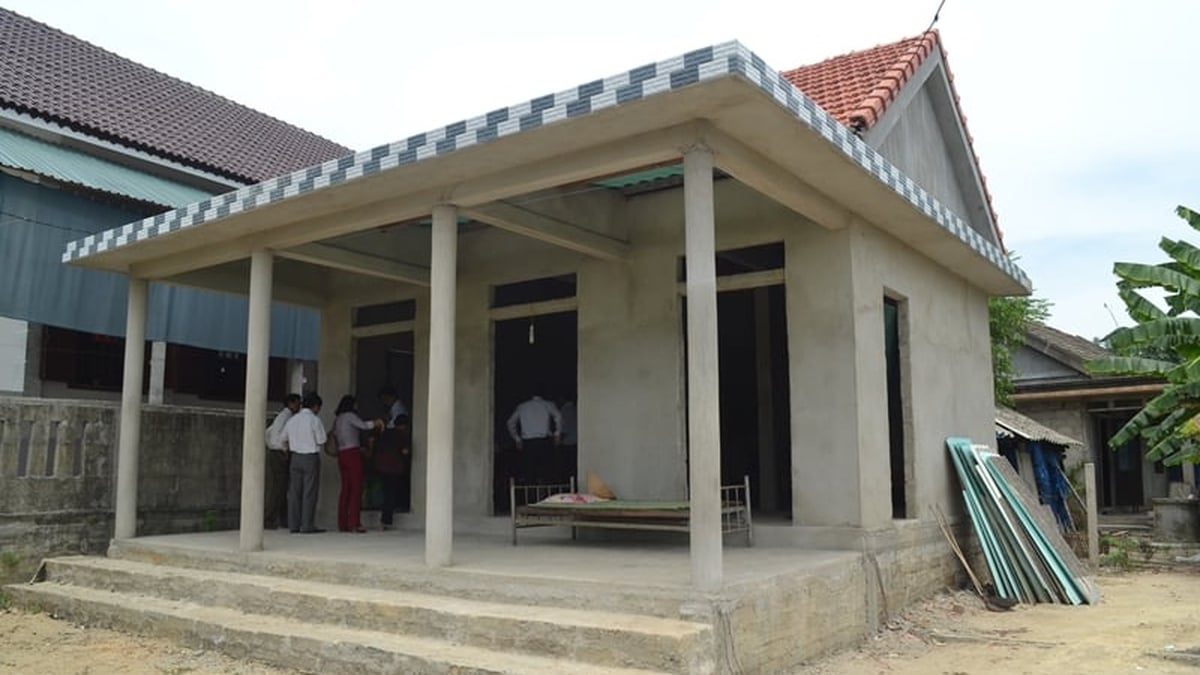





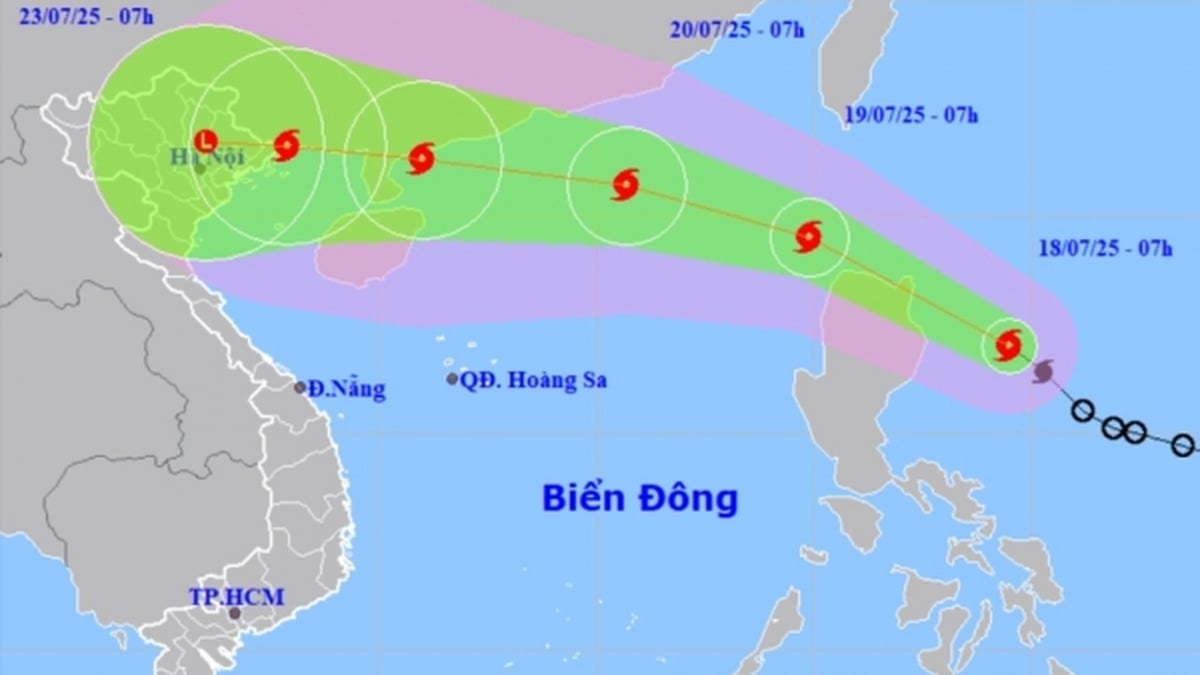

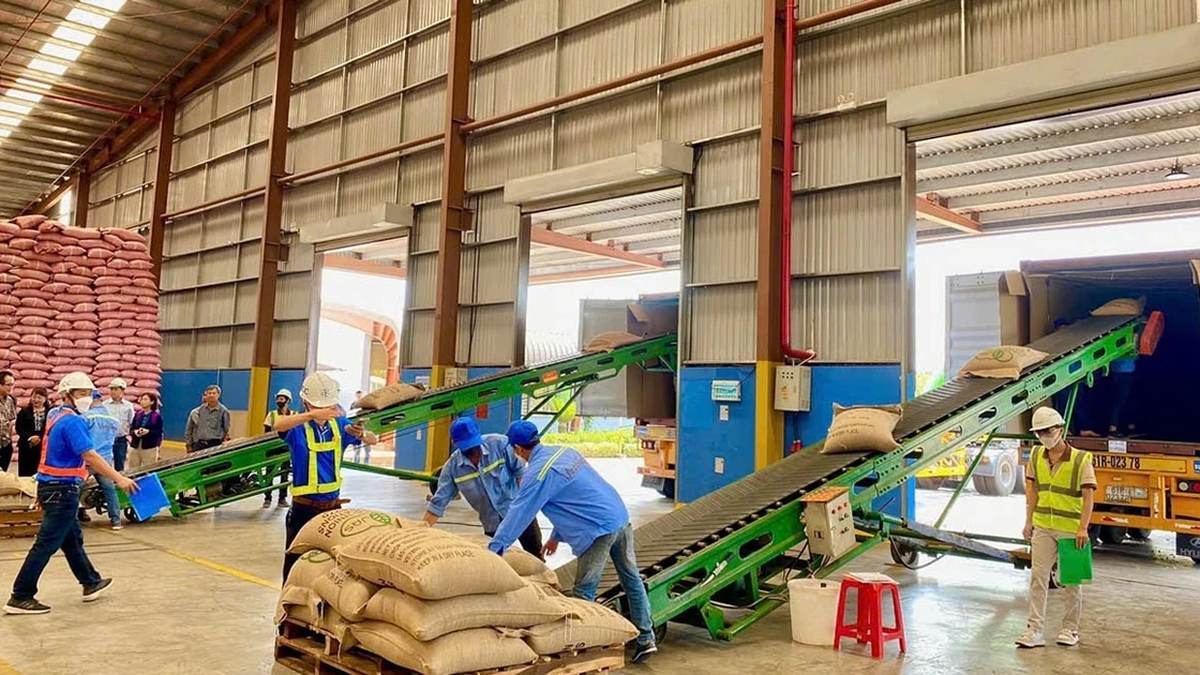
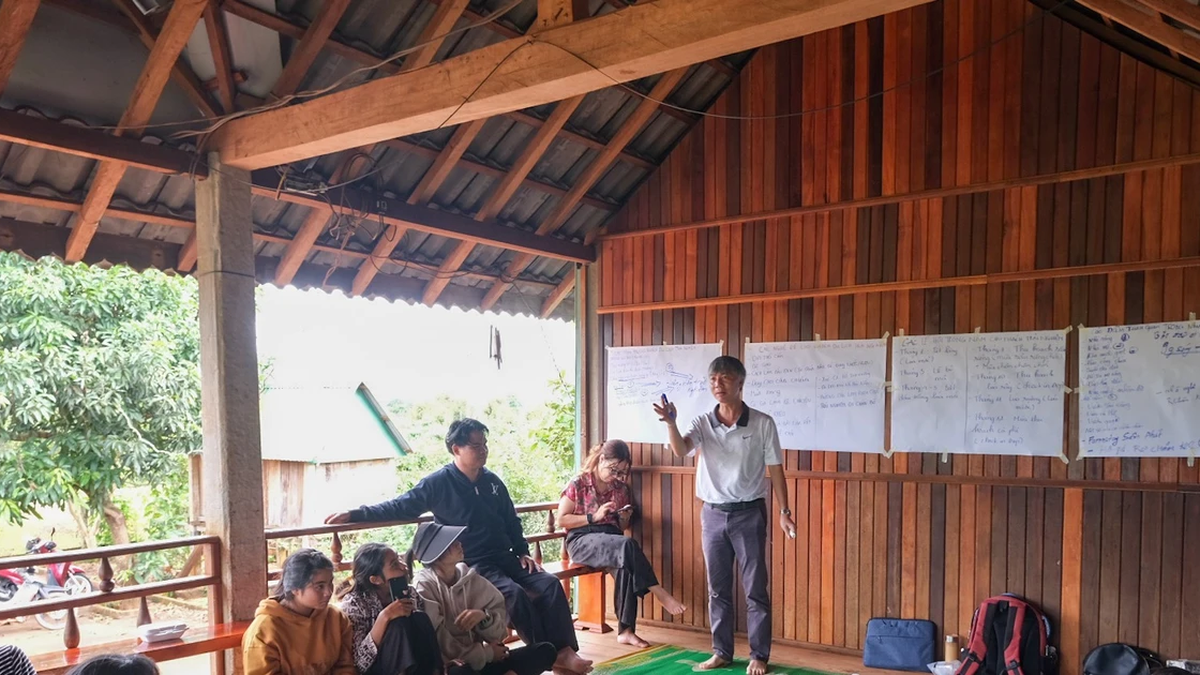




















































































![[Infographic] In 2025, 47 products will achieve national OCOP](https://vphoto.vietnam.vn/thumb/402x226/vietnam/resource/IMAGE/2025/7/16/5d672398b0744db3ab920e05db8e5b7d)







Comment (0)